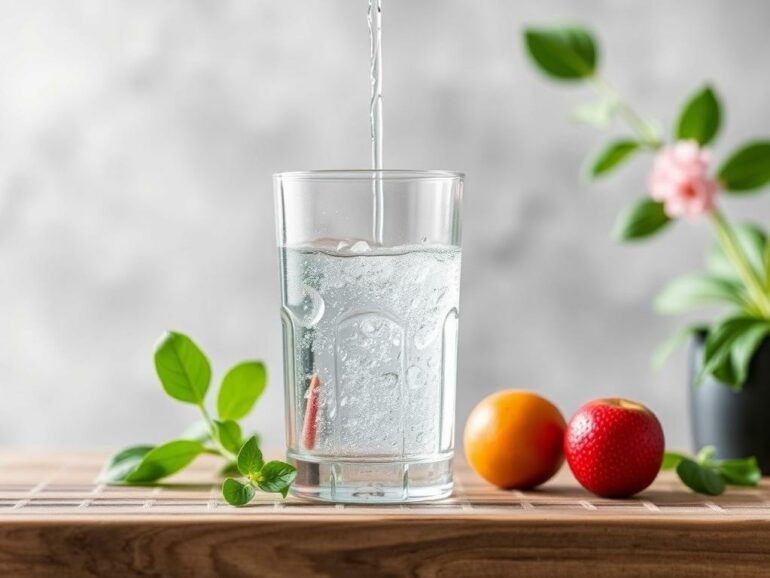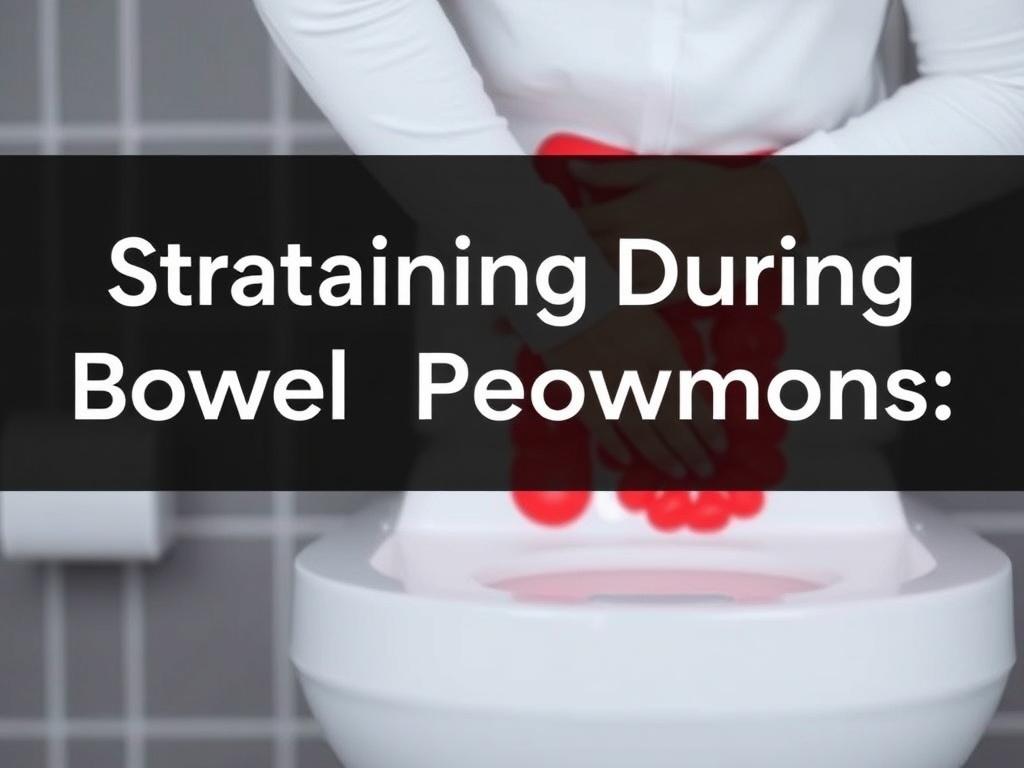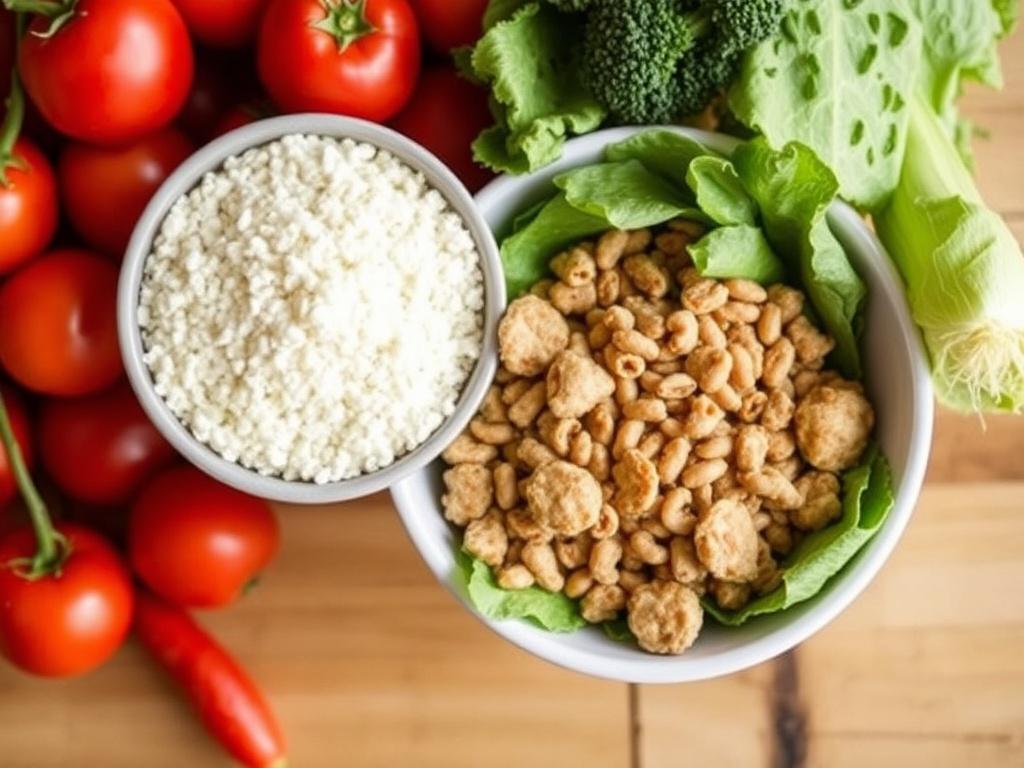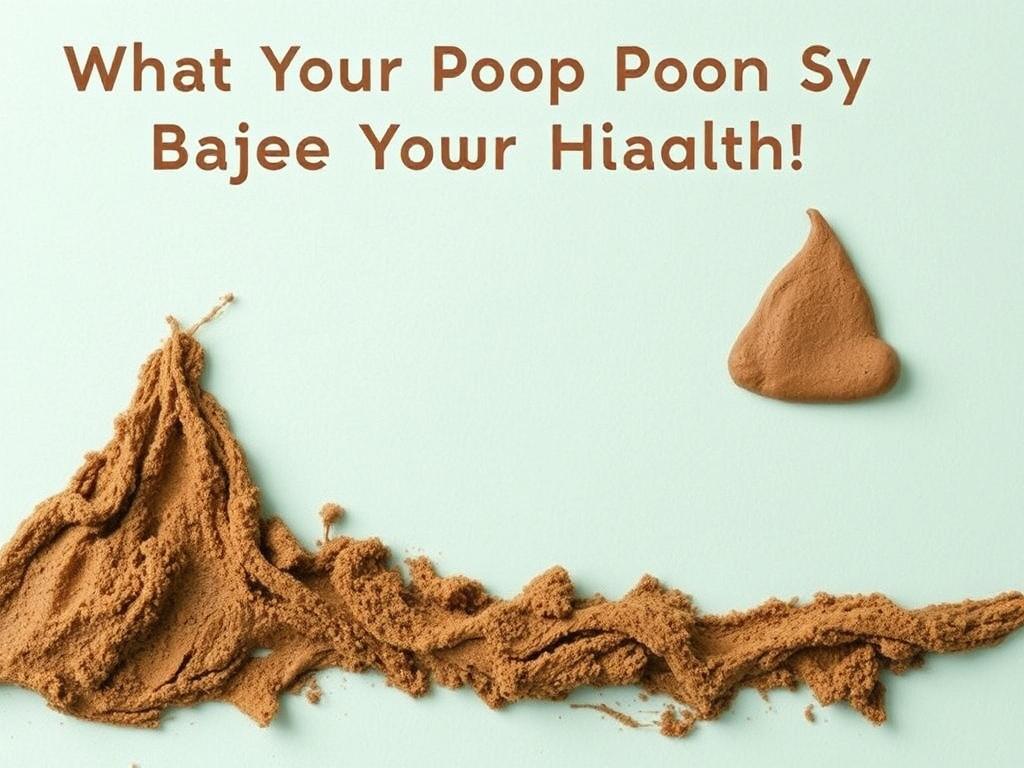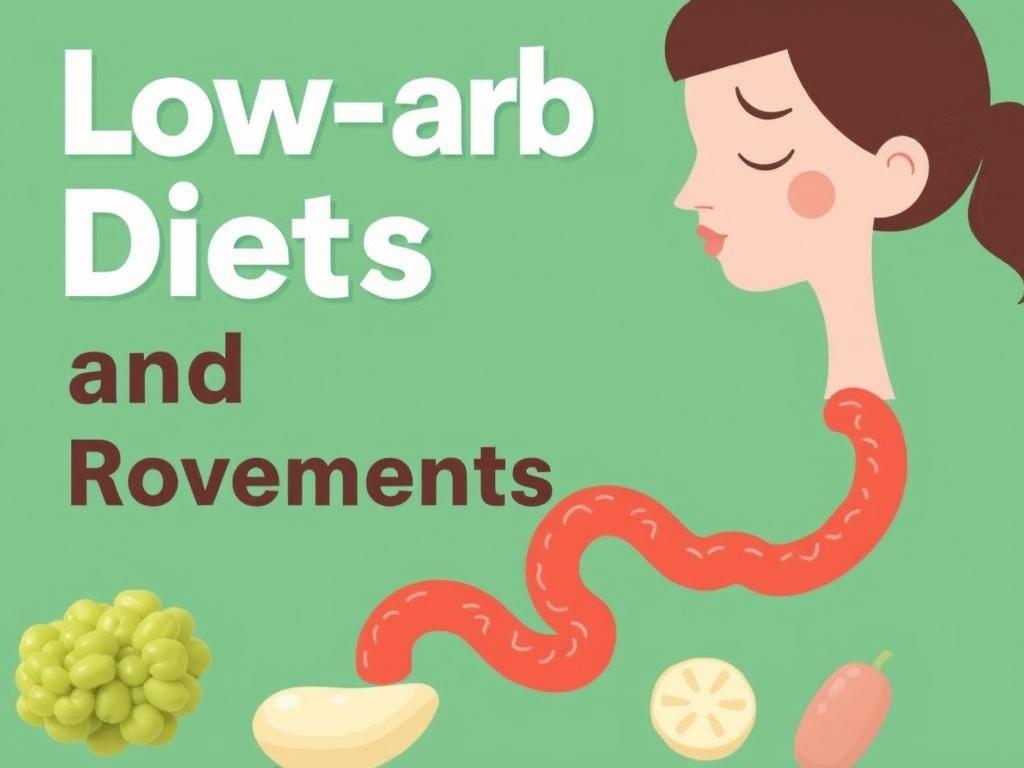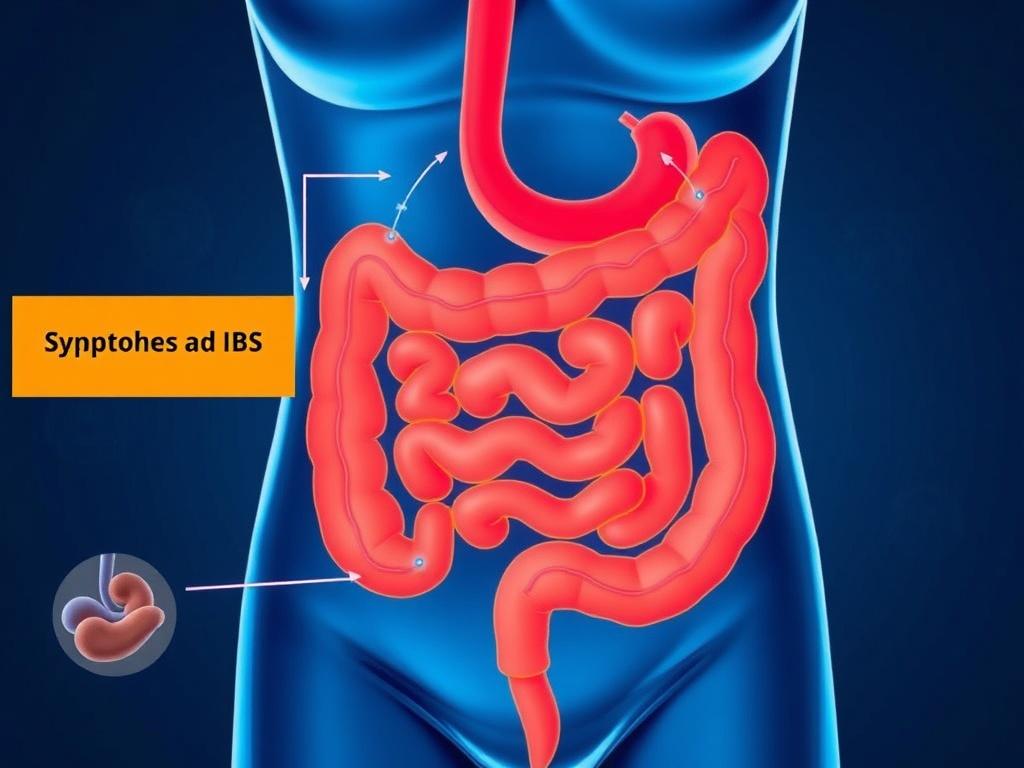Water is often called the miracle molecule, and for good reason. It plays a crucial role in nearly every function of the human body. One area where hydration has a particularly important impact is bowel health. Despite being a simple and natural necessity, many people underestimate how profoundly water influences digestion, bowel movements, and overall gut wellness. In this article, we will dive deep into the connection between hydration and bowel health, exploring how water supports the digestive system, prevents common bowel issues, and why a proper balance of fluids is essential for maintaining comfort and regularity.
Understanding Bowel Health: What Does It Mean?
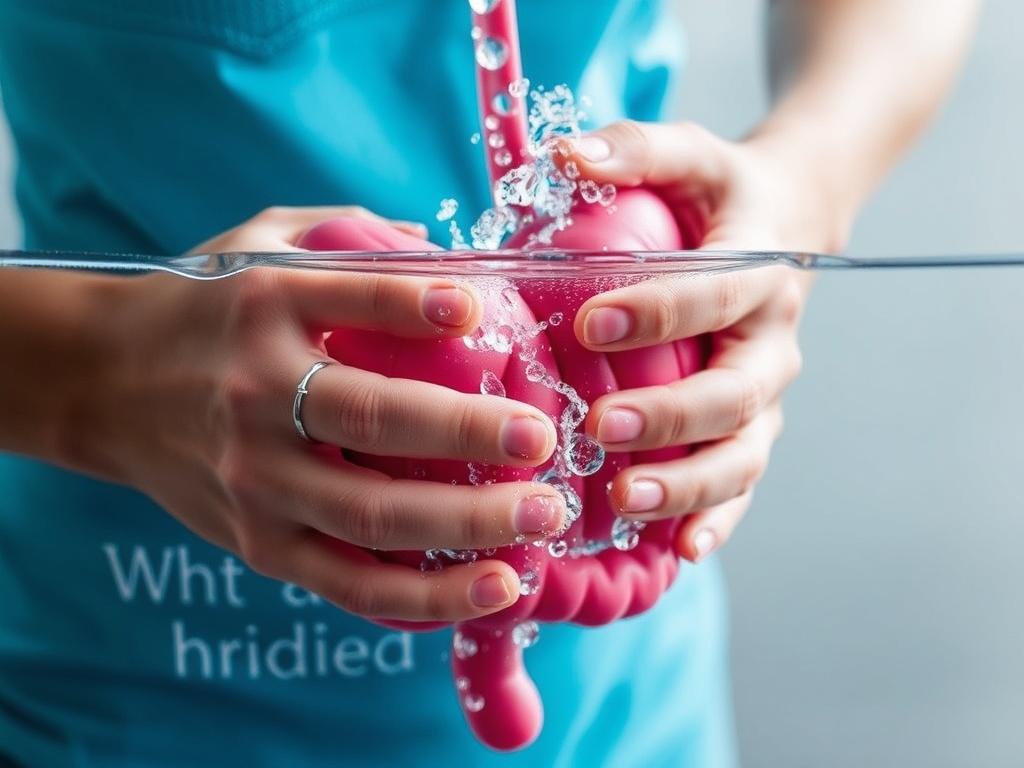
Before we get into the nitty-gritty of hydration, let’s first understand what bowel health actually entails. Simply put, bowel health refers to the proper functioning of the intestines, including the large intestine, or colon, and how effectively waste is expelled from the body. Good bowel health means regular, comfortable bowel movements without pain, straining, or discomfort. It implies avoiding problems like constipation, diarrhea, or irritable bowel syndrome (IBS).
The large intestine plays a critical role in absorbing water and nutrients from digested food and forming solid stool. When this process is smooth and efficient, bowel movements are usually predictable and painless. However, when digestion or hydration levels are off, it can lead to bowel health problems that impact quality of life.
The Role of Hydration in Digestion and Bowel Regularity
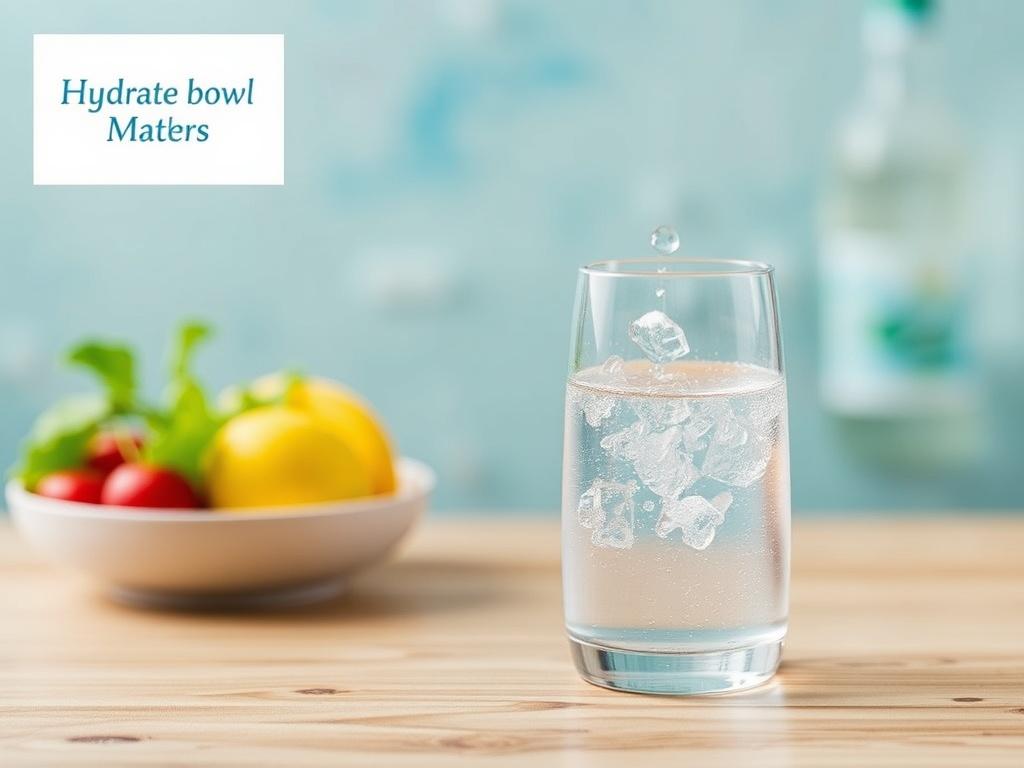
Water is essential at every step of digestion and bowel function. After you eat, your body breaks down food in the stomach and small intestine, absorbing nutrients and fluids along the way. The leftover waste then moves into the colon, where water is absorbed to form solid stool. Without enough water, stool becomes hard and dry, making it difficult and painful to pass.
Hydration keeps the stool soft and smooth, promoting regular bowel movements with less strain. In fact, one of the primary causes of constipation is inadequate water intake. When dehydration occurs, the colon pulls extra water from the stool, which slows bowel movements and can cause discomfort.
How Much Water Should You Drink for Bowel Health?
The amount of water an individual needs can vary depending on factors like age, gender, activity level, and climate. However, general guidelines suggest that most adults should aim for at least 8 cups (about 2 liters) of water a day. For bowel health specifically, staying consistently hydrated helps keep stool soft and promotes regularity.
Here’s a simple hydration checklist for bowel health:
- Drink water consistently throughout the day instead of large amounts at once.
- Include hydrating foods like fruits and vegetables with high water content.
- Avoid excessive caffeine and alcohol, which can dehydrate.
- Respond to thirst signals promptly to maintain balance.
Common Bowel Issues Related to Hydration
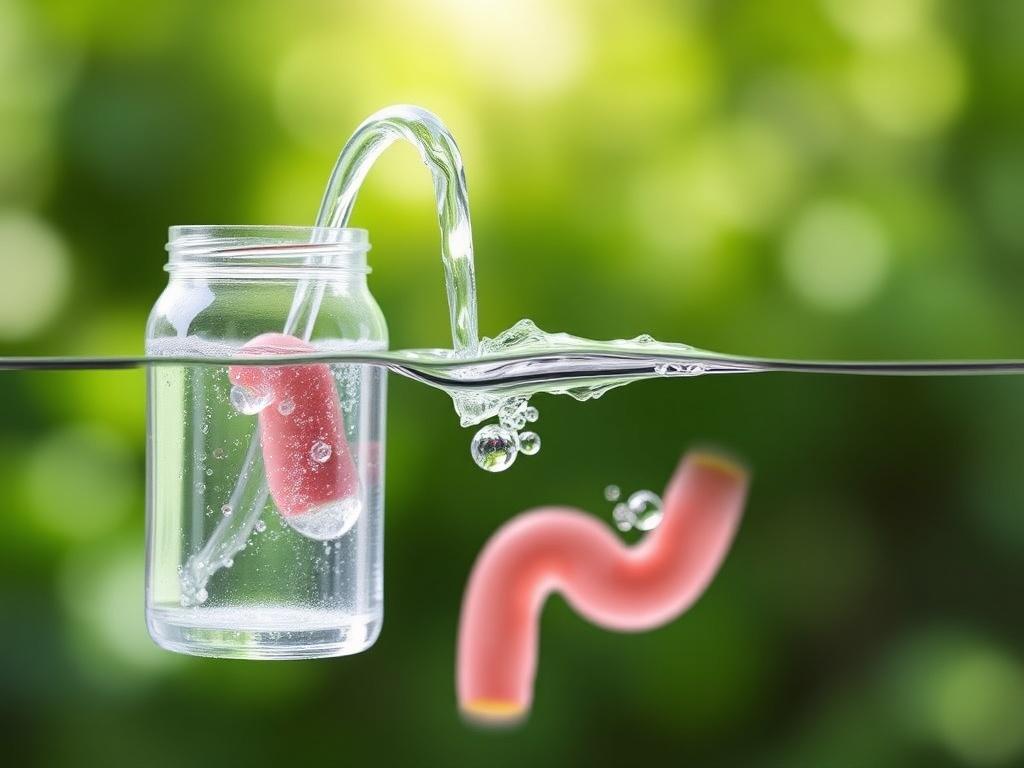
Hydration, or lack thereof, is often the silent culprit behind many bowel complaints. Here’s a list of common bowel issues influenced by hydration levels:
| Bowel Issue | Description | How Hydration Helps |
|---|---|---|
| Constipation | Infrequent or difficult bowel movements, often with hard, dry stool. | Water softens stool and promotes easier passage through the colon. |
| Hemorrhoids | Swollen veins in the rectal area, often caused by straining during bowel movements. | Hydration reduces straining by softening stool and improving regularity. |
| Diverticulitis | Inflammation or infection of small pouches in the colon wall. | Proper water intake supports healthy bowel movements, reducing pressure. |
| Irritable Bowel Syndrome (IBS) | A condition causing abdominal pain, bloating, and irregular bowel habits. | Hydration can help manage symptoms by maintaining stool consistency. |
Recognizing these issues and understanding their link to hydration can encourage healthier habits and prevent worsening symptoms.
Signs You Might Not Be Drinking Enough Water for Your Bowels
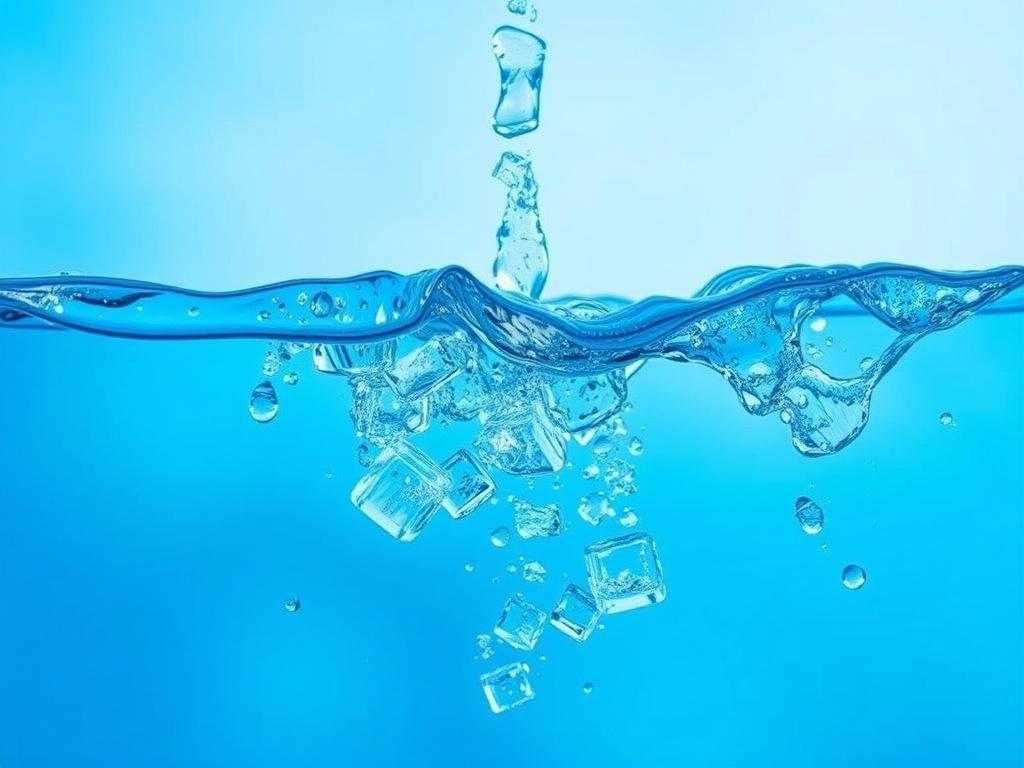
How can you tell if your hydration levels are affecting your bowel health? Here are some signs to watch for:
- Infrequent bowel movements: Fewer than three per week can indicate constipation.
- Hard or lumpy stools: Often a sign of dehydration or poor fiber intake.
- Straining to pass stool: May cause discomfort and increase risk of hemorrhoids.
- Feeling bloated or sluggish: Digestive sluggishness can be linked to water deficiency.
If you notice these symptoms, increasing your water intake thoughtfully could improve your bowel health significantly.
The Link Between Fiber, Water, and Bowel Health
While water is vital, it works best in combination with dietary fiber for optimal bowel health. Fiber adds bulk to stool and promotes movement through the colon, but without adequate hydration, fiber can actually worsen constipation. That’s because fiber absorbs water to soften and expand in the digestive tract.
Here’s a brief comparison of fiber types and their roles alongside water:
| Fiber Type | Source | Role in Bowel Health | Water’s Role |
|---|---|---|---|
| Soluble fiber | Oats, beans, fruits | Forms a gel-like stool to ease passage | Absorbs water, softens stool |
| Insoluble fiber | Whole grains, nuts, vegetables | Adds bulk, promotes bowel movement speed | Requires water to prevent hardening |
Together, fiber and water create the perfect environment for healthy, comfortable bowel movements.
Tips to Maintain Proper Hydration for Healthy Bowels
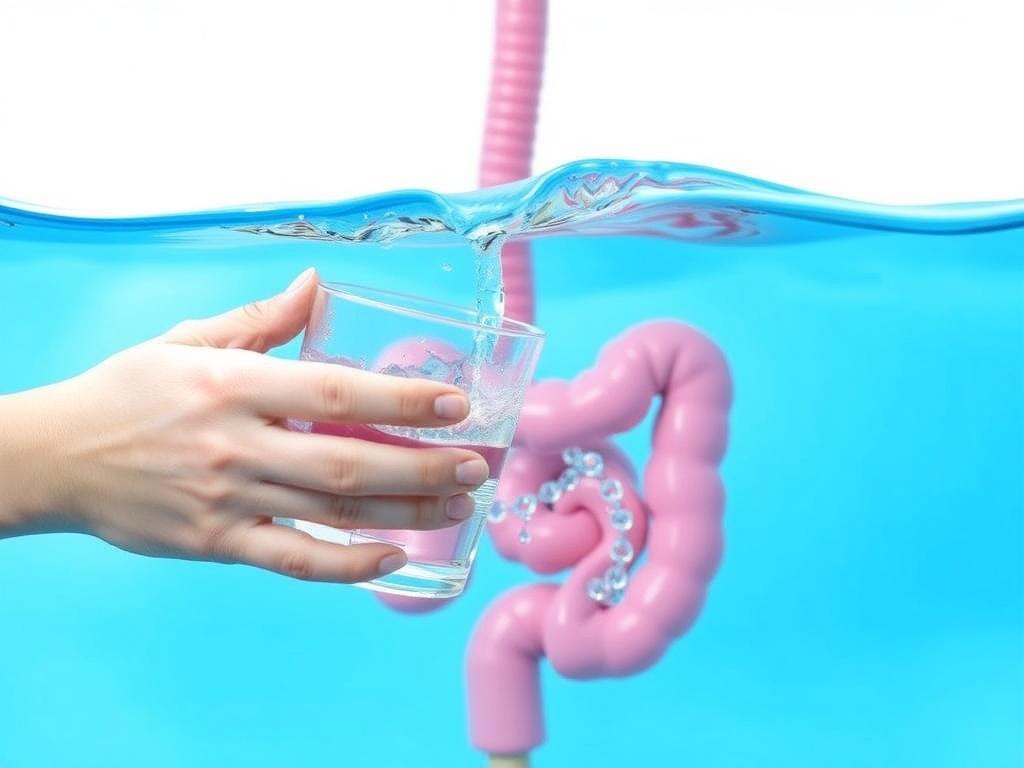
Improving hydration is easier than many think. Here are practical tips to make sure you are drinking enough water to support your bowel health:
- Start your day with water: Drink a glass first thing in the morning to activate digestion.
- Carry a water bottle: Keeping water handy increases the chance you’ll drink regularly.
- Eat water-rich foods: Cucumbers, watermelon, soups, and smoothies all help hydrate.
- Limit dehydrating drinks: Reduce excessive coffee, alcohol, and soda.
- Set reminders: Use phone alerts or apps to prompt regular hydration breaks.
Small, consistent actions can lead to lasting improvements in bowel health.
Hydration in Special Populations: Children, Seniors, and Athletes
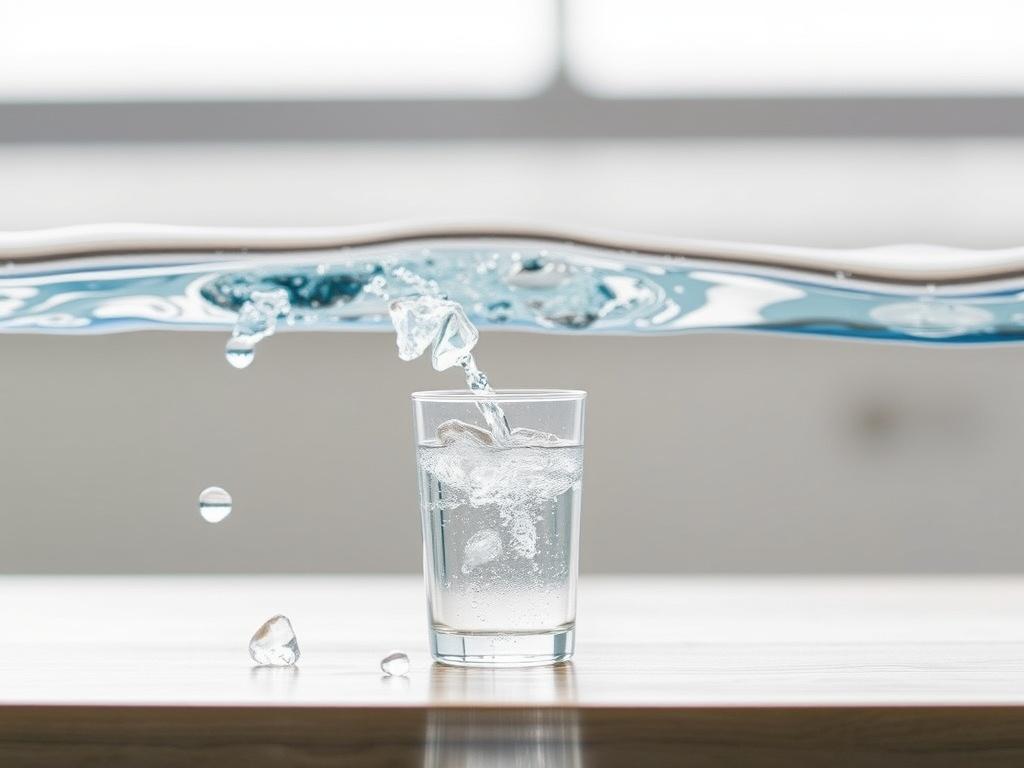
Hydration needs and its impact on bowel health can vary across different groups. For example:
- Children: Kids are more prone to dehydration yet might not recognize thirst signals, potentially leading to constipation.
- Seniors: Aging can diminish the sensation of thirst, and slowed digestion often requires more hydration attention.
- Athletes: Physical activity increases fluid loss through sweat, and maintaining hydration supports bowel function during intense workouts.
Understanding these differences helps tailor hydration strategies that protect bowel health for everyone.
Myth-Busting: Does Drinking More Water Always Cure Constipation?
While increasing water intake is a key step in preventing and relieving constipation, it’s important to recognize that hydration alone isn’t a guaranteed cure. Other factors like diet, exercise, medications, and medical conditions also play significant roles.
Drinking too much water without balancing electrolytes or ignoring other health aspects might not improve bowel issues. Therefore, hydration should be part of a holistic approach that includes a balanced diet rich in fiber and physical activity.
The Bigger Picture: Hydration and Gut Microbiome Health
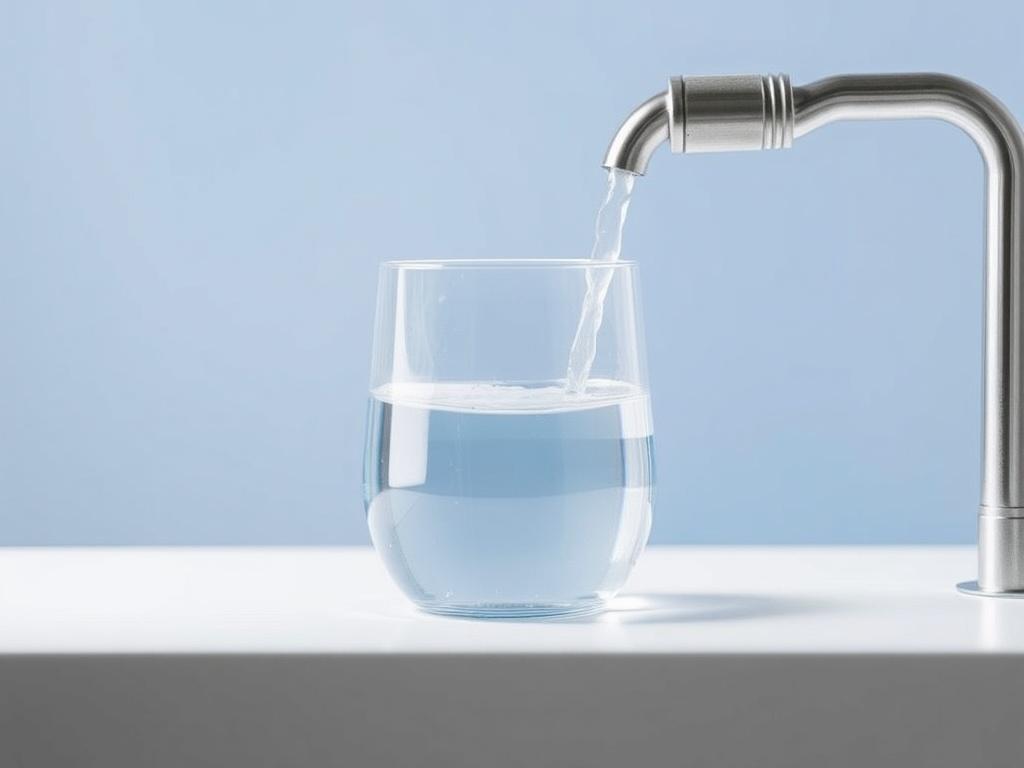
Emerging research highlights that hydration not only impacts stool consistency but also influences the gut microbiome— the trillions of bacteria living in your digestive tract. A well-hydrated environment supports these friendly bacteria, which help regulate digestion, protect against pathogens, and even influence immune function.
When dehydration or poor hydration occurs, it may disrupt the balance of gut bacteria, leading to digestive problems and inflammation. This connection underscores that drinking enough water benefits not just bowel mechanics but the overall ecosystem inside your gut.
How to Incorporate Hydration and Bowel Health Strategies into Daily Life
Building habits around hydration and bowel health doesn’t have to be complicated. Here’s a simple daily plan you can follow:
- Wake up & drink a glass of water before breakfast.
- Include fiber-rich fruits and vegetables at each meal.
- Carry a water bottle and sip throughout the day.
- Limit caffeine and alcoholic beverages.
- Exercise regularly to stimulate bowel function.
- Respond promptly to natural urges to go to the bathroom.
Consistency is key. Over time, these habits contribute to smoother digestion and better bowel health.
Conclusion
Hydration plays a fundamental, yet often overlooked, role in maintaining healthy bowel function. Water softens stool, supports digestion, and prevents common bowel problems like constipation and hemorrhoids. When paired with a fiber-rich diet and healthy lifestyle habits, adequate hydration promotes regular, comfortable, and efficient bowel movements. Paying attention to your body’s thirst signals, drinking water steadily throughout the day, and incorporating water-rich foods can dramatically improve your digestive health. Ultimately, water is one of the simplest and most powerful tools you have to protect your bowel health and enhance overall well-being. So next time you reach for a glass, remember—you’re not just quenching your thirst, but nurturing your gut, too.
Читайте далее: